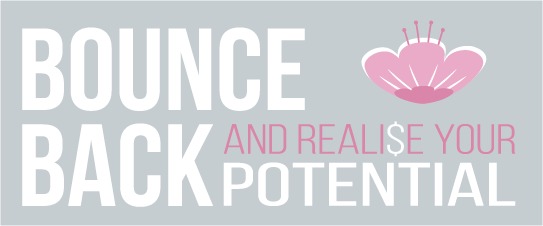Scam Watch
How do you know you’ve been scammed?
Last week I was having new computers installed in my office and the computer technician was sharing some insights into how hackers get into people’s computers. It’s all very technical but there’s an option to store your passwords to your computer so it doesn’t forget them and hackers are able to access this and steal your identity. Wow! I was horrified because I do this all the time! NOT ANY MORE!
It also made me think about some of the scams that are going around. We all probably know the ones about the Tax Office ringing saying you owe them money.
…. Well there’s also the ones that are sent by text or email to your mobile phone telling you that you’ve won a prize or they’ve tried to deliver a parcel. You might wonder what this has to do with scamming. Well, apparently if you respond or click on the link, it makes them aware that the number they have contacted is a live number and then you will start receiving phone calls asking you to press on numbers which can lead to identity theft. They are incredibly sophisticated.
So let’s have a look at some tips to avoid being scammed!
- Don’t rush into paying anything to anyone until you’ve verified if you actually owe any money
- Never purchase something using an unusual method (eg. Gift card or wire transfer) – a legitimate company would never ask for such payment
- Hang up if you receive strange phone calls asking for your personal details and don’t respond to text messages from people you don’t know
- Don’t trust the caller – Caller ID is a great feature to have on your phone but it doesn’t always confirm who is really on the other end of the phone
- Hang up on Robocalls – they are the automated calls asking you to press a button to answer their questions
- Never allow anyone to access your computer – scammers often tell you that your internet isn’t working and they can fix it remotely. They are actually accessing your passwords
- Do not open suspicious texts, pop up windows or click on links or attachments in emails – delete them. If unsure, verify the identity of the contact through an independent source like phone book or online search. Don’t use the contact details in the email/message.
- Check the email address that has sent you the email – even though it may say it is from the bank, Australia Post of Australian Taxation Office, the email address will be from an unknown source
- Keep your personal details secure. Make sure you shred your bills and other important documents before throwing them out.
- Keep your pin numbers and passwords in a safe place. Don’t use the same passwords for multiple accounts and don’t use passwords that use obvious words and birthdates.
- Be careful about how much personal information you share on social media.
Scammers can use your information and pictures to create a fake identity or to target you with a scam. We’ve all had those friend requests from people we’re already friends with or emails from them with unusual links.
These are just a few ways that you can protect yourself from identity fraud and scams. Beware of offers that seem too good to be true, because it usually is. Scammers are getting increasingly clever and sophisticated in their attempts to get your money or personal details so you really need to be alert and protect yourself from being scammed.
Scams target people of all backgrounds, ages and income levels across Australia. There’s no group of people who are more likely to become a victim of a scam, all of us may be vulnerable to a scam at some time. If you are a victim of a scam, you should report it to the ACCC via the Report a Scam webpage https://www.scamwatch.gov/au/get-help or https://www.cyber.gov.au/acsc/report which reports it directly to police.




